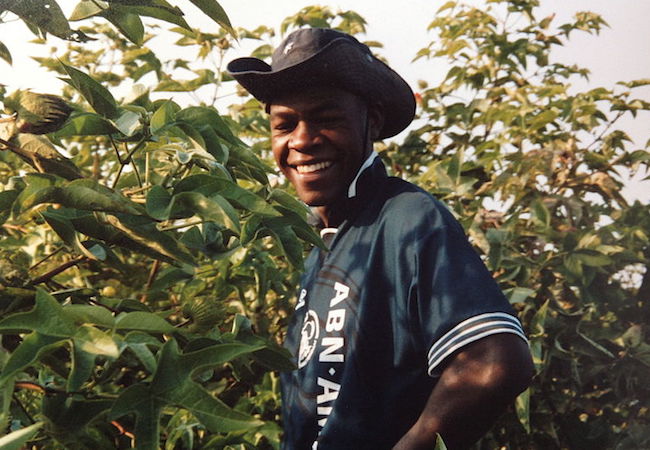
By Betilde Muñoz-Pogossian
According to UNICEF, there are about 200 million afrodescedants in the Americas, an estimated 30% of the population. Of this, close to 50% includes children, and adolescents younger than 18 years old. If the 200 million people of African descent in the region were a country, they would be 53 times the size of Panama, 19 times the size of the Dominican Republic, 10 times the size of Chile. Who can deny they are an integral component of what we are as a region?
The fact is, however, that regardless of the last few decades of economic growth, estimates indicate that afrodescedants continue to exhibit the highest levels of poverty, social exclusion, and discrimination. As a result of racism and discrimination, 90% of this population in the countries of the region live in poverty and extreme poverty with 70 to 80% earning less than 2 dollars a day. Often, they do not have universal access to health, education, housing or clean water. They also face more obstacles in terms of getting a job, and keeping it, and earn salaries that are generally less than the average.
Afrodescedants also face challenges in the exercise of their political rights. Although they are included as voters, they generally have limited possibilities to compete for public office due to the fact that, among other things, they are overwhelmingly part of the socio-economic groups with the lowest earning capacity. In 2013, year for which the most up-to-date comparative data exists, their representation in political decision-making posts was far from ideal. In Brazil, for example, only 8.60% of the total legislators were afrodescedants in a country where this group represents 50.9% of the population. In Colombia, where they represent 10.5% of the population, their congressional representation only reached 4.60%. In Costa Rica, with 7.8% of afrodescedants, in 2013, there was not even one legislator of African descent. In Venezuela, with 53.4% of afrodescedants, only 2.40% of the National Assembly were of this origin. Whereas it is important to consider affirmative action policies that level the playing field for afrodescedants to compete, it is equally important to address the structural problems that cause their social exclusion. After all, which person who has to provide for his or her basic needs regarding food, housing or health can effectively enter the political arena and compete for public office?
To shed light on these challenges, the Member states of the Organization of American States declared, starting March 25, 2018, the “Inter-American Week for People of African Descent in the Americas”. The objective is to foster greater awareness and respect for the diversity of the heritage and culture of people of African descent and their contribution to the development of societies. This celebration also seeks to recognize the important contributions of persons of African descent to the politics, economies, cultures, and societies of the region. The road map has been developed: the OAS Plan of Action for the Decade for People of African Descent in the Americas (2016–2025), which prioritizes lines of action to promote the Recognition, Justice, and Development of Afrodescedants in the region with the ultimate objective of closing the gaps in the enjoyment of all their human rights.
*Opinions are personal. They do not represent the views of the OAS
Betilde Muñoz-Pogossian is the Director of Social Inclusion at the Organization of American States. Twitter: @BeticaMunozPogo




